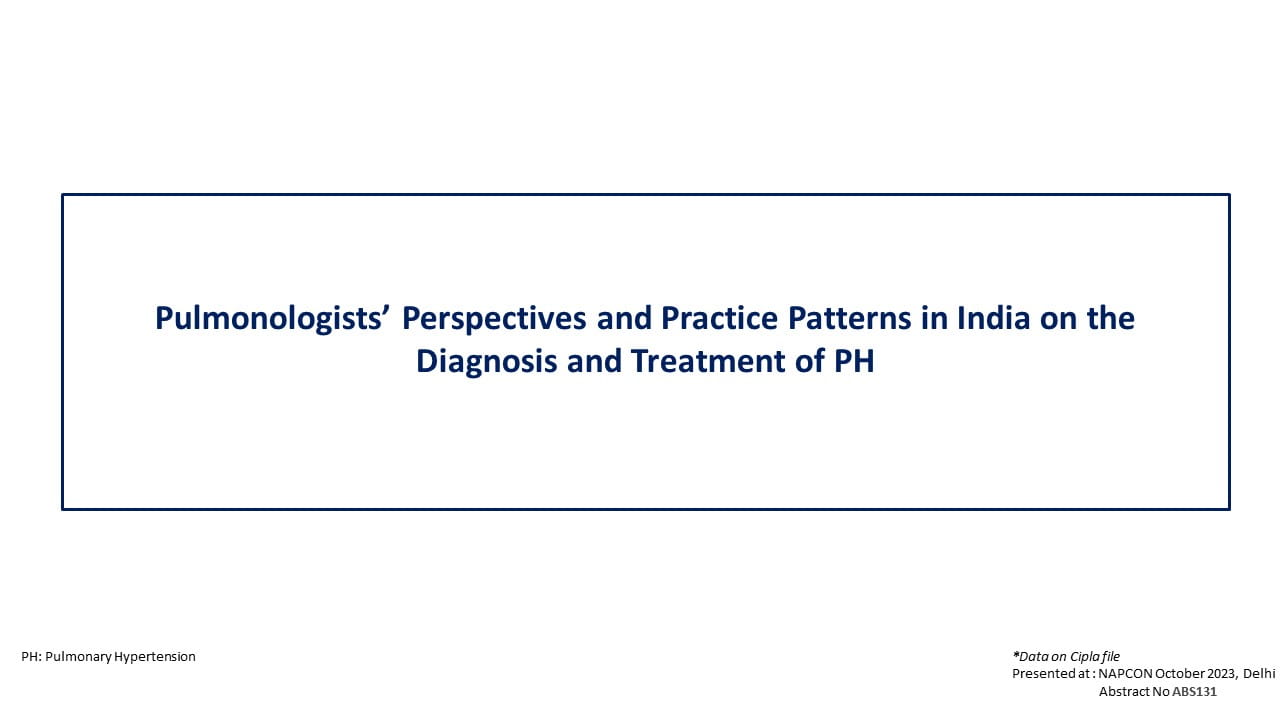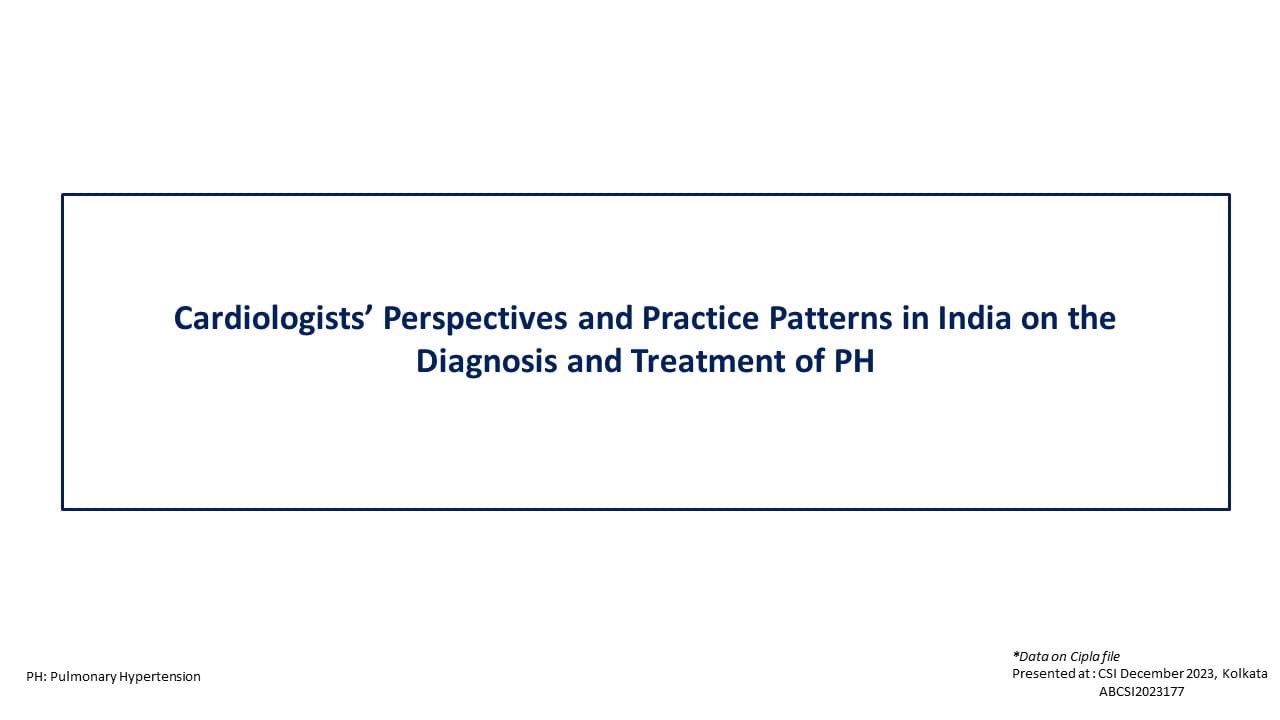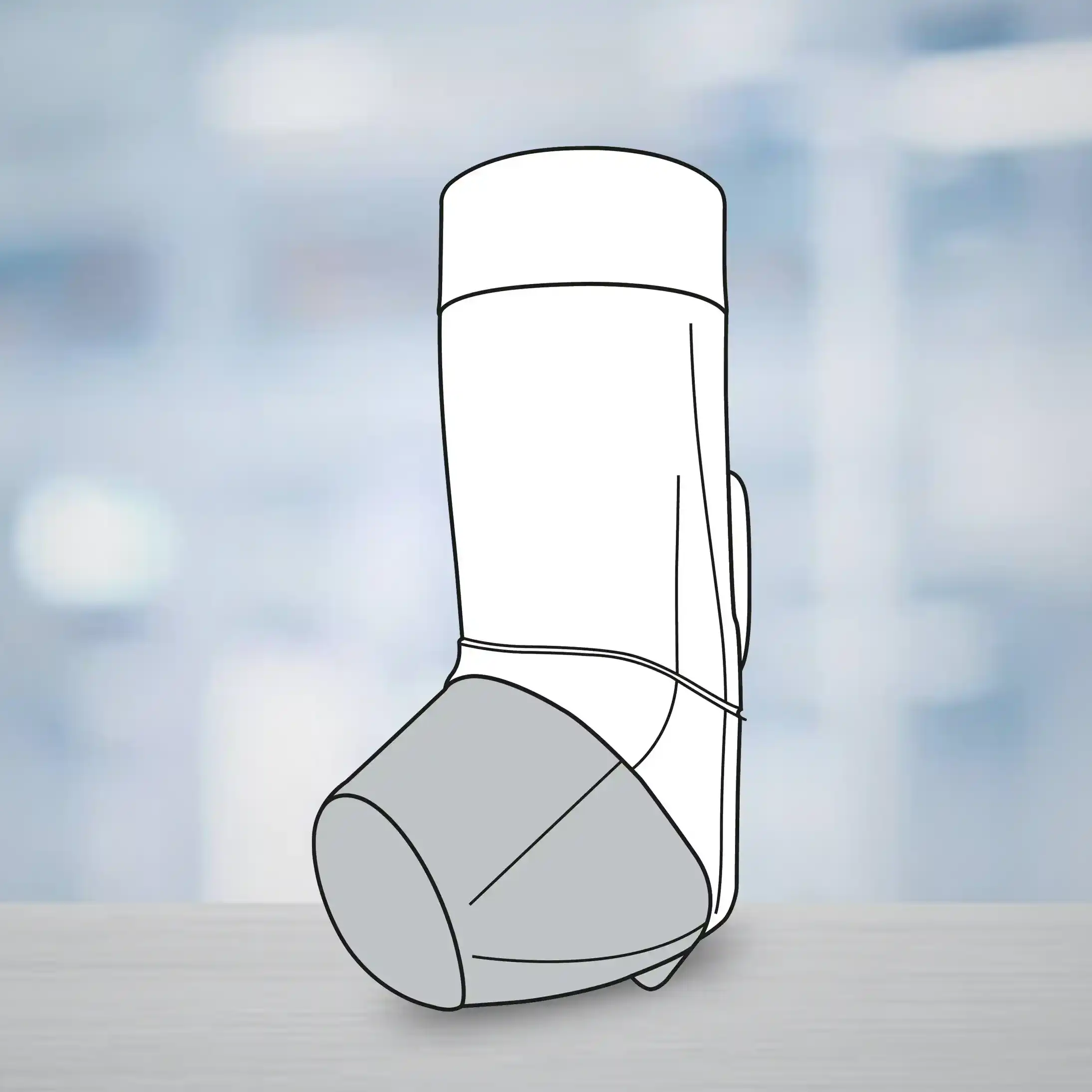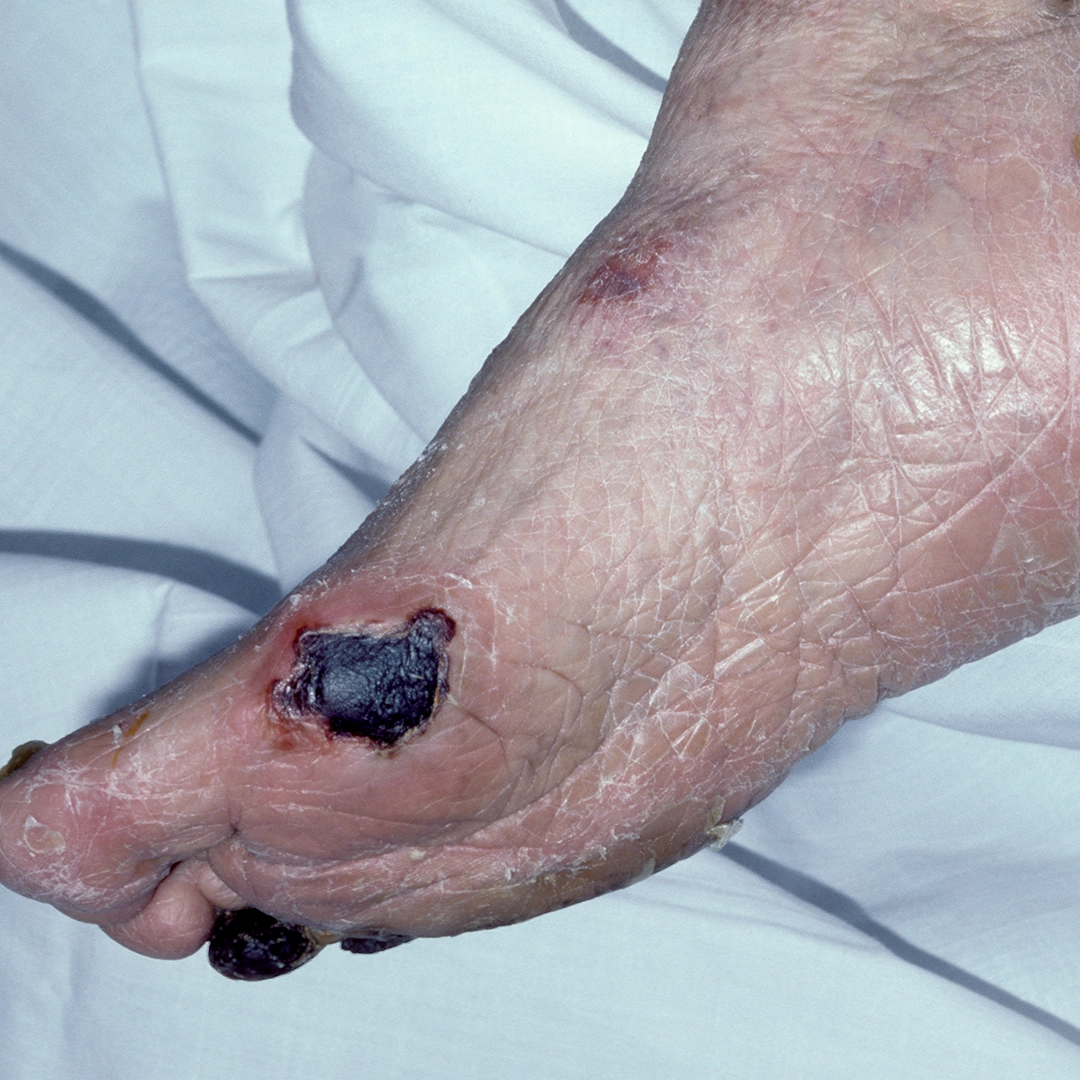Efficacy and Safety of Methenamine for Urinary Tract Infection Prophylaxis: A Systematic Review
29 May, 25
Introduction
Urinary tract infections (UTIs) are common, especially in older adults, leading to hospitalizations and decreased quality of life. Recurrent UTIs (rUTIs) can result in multiple antibiotic courses, contributing to antibiotic resistance. Methenamine, an antiseptic agent, has re-emerged as a potential non-antibiotic option for UTI prophylaxis.
Aim
To evaluate the clinical effectiveness and safety data of methenamine for UTI prophylaxis including in older adults and renal transplant recipients
Methods
- Systematic review of studies from January 2010-June 2023
- 11 articles included (focus on randomized controlled trials, case-control studies, and meta-analyses)
Results
Clinical Effectiveness and Safety
- 2012 Cochrane review - Reduced risk of symptomatic UTI:
- Methenamine showed effectiveness in preventing UTIs
- In patients without renal tract abnormalities, it indicated a relative risk of 0.24 for symptomatic UTIs with short-term methenamine use defined as 7 days or less
- 2020 Study - Extended duration between UTI recurrences:
- In patients aged 60-89 years and history of rUTI; methenamine initiation increased average duration between rUTIs from 3.3 months to 11.2 months (p < 0.0001)
- After initiating methenamine, 22% patients did not experience a single UTI episode
- Adverse events reported in 10.7% of patients, including gastrointestinal effects and dysuria
- A 2021 Meta-analysis – Non-statistically significant positive trends:
- Found non-statistically significant positive trends for patients remaining asymptomatic for 6–12 months in methenamine group compared to the antibiotic group (RR 0.65, p=0.09) and for reduction in symptomatic UTI episodes compared to placebo (RR 0.56)
- Non-statistically significant trend of benefit for methenamine versus any antibiotic or patients remaining abacteriuric after 12 months (RR 0.80)
- 2022 RCT – Promising alternative to trimethoprim for UTI prophylaxis:
- Older women (mean age:71 years) randomised to trimethoprim or methenamine prophylaxis for 6 months
- 1% patients in both groups had one symptomatic UTI episode during the follow-up period (p = 1.00)
- No difference in time to subsequent UTI and both groups identified significant decrease in number of UTI events in the year after prophylaxis (p < 0.01)
- Similar adverse effect profile in both groups
- 2022 Case-Control Study – Long-term preventative effects:
- Average number of antibiotic prescriptions associated with UTI in methenamine group decreased by 1.75 (45%) after the observed start of methenamine. Control group demonstrated smaller decrease of 1.16 (35%) antibiotic prescriptions (p < 0.001)
- 10% absolute risk reduction with methenamine use equated to a number needed to treat of 10 patients to prevent one episode of UTI
- 2022 ALTAR Study – Non-inferior to antibiotics in UTI prevention
- ALternatives To prophylactic Antibiotics for the Treatment of Recurrent urinary tract infections in women (ALTAR) was multicenter, open-label, randomized, non-inferiority trial
- Incidence rate of symptomatic UTIs of 1.38 episodes per person-year in the methenamine hippurate group and 0.89 episodes per person-year in the antibiotic therapy group, with an absolute difference of 0.49 episodes per person-year (within predefined limit)
- 2022 ImpresU trial – Results not reported at time of study
- Triple-blinded, multi-national randomized control phase IV clinical trial in women aged ≥70 years with a history of rUTI
Use in Renal Transplant Recipients
- 2019 Study
- Reduction in UTI rates from 9.16 to 5.01 per 1000 follow-up days after methenamine use (p = 0.0001)
- Methenamine was associated with fewer days of antibiotic treatment (88 days vs. 152 days per 1000 patient days; p = 0.0022) and reduced hospitalizations for UTIs (2.64 vs. 1.07 per 1000 follow-up days, p = 0.0456)
- 2021 Study
- Significant reduction in UTI in methenamine group compared to no prophylactic therapy (0.6 vs. 1.3 per 180 patient- days follow-up, p = 0.0005)
Place in Therapy and Clinical Considerations for Methenamine
- Non-antibiotic alternative for UTI prophylaxis, reducing the risk of antibiotic resistance
- Generally well-tolerated and effective in reducing symptomatic UTI episodes compared to low-dose antibiotics
- Renal transplant patients: Reduced UTI and hospitalizations which are associated with increased morbidity and mortality
- Can be avoided in patients with rUTIs caused by urea-splitting bacteria and those with renal insufficiency
- Can still be considered for UTI prophylaxis in patients with external urinary catheters or who undergo intermittent straight catheterization
Conclusion
- Methenamine was generally effective, well-tolerated, and non-inferior to low-dose antibiotics for UTI prevention, offering a promising alternative that reduces the risk of antibiotic resistance particularly in populations at risk for recurrent infections
- Further research needed to establish long-term safety and effectiveness, especially in patients with renal insufficiency
Reference
Pharmacotherapy. 2024 Feb;44(2):197-206










